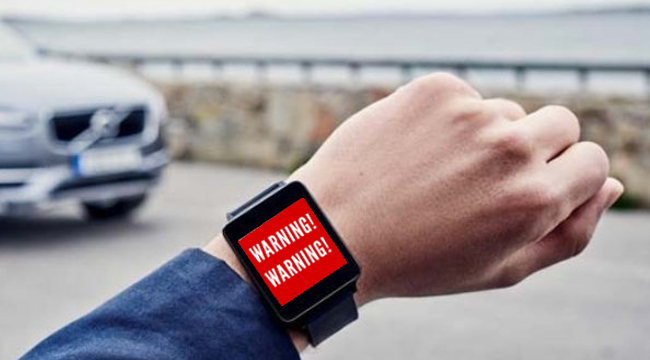
The Apple Watch has been a tool to improve health right from the beginning. But Apple’s plan was to use it to gather data like steps and heart rate, not to track down a silent killer. But it appears, according to new research, the Apple Watch is capable of doing exactly that.
Heart disease is the number one killer in America, and atrial fibrillation, or aFib is a major contributor to it. With aFib, your heart “quivers” instead of beats, meaning that, long term, it isn’t as efficient at moving blood. However, it’s efficient enough that most people don’t notice it until a clot forms, breaks off, and heads straight for the brain, causing a stroke. In fact, aFib is responsible for 15 to 20% of all strokes, meaning that many stroke victims simply have no way of knowing what’s about to happen until it happens.
That is, until now. The developers behind Apple Watch app Cardiogram teamed up with the University of California San Francisco to see if they could accurately track aFib. They put it to the test by comparing it to the current way to detect it, a test called cardioversion. Cardioversion “resets” your heart with either a set of drugs or an electrical pulse. Importantly, it was a blind test; Cardiogram’s algorithm wasn’t told if the heartbeat was normal or abnormal. Still, it spotted aFib 97% of the time, a result that surprised even the Cardiogram team.
That’s not a minor thing. We can’t all go to the doctor’s office, and doctors don’t want to mess with heart conditions any more than they have to. If this means issuing you an iPhone and an Apple Watch, instead, that will mean less invasive, faster treatment. And that means a lot of us will live much, much longer.
